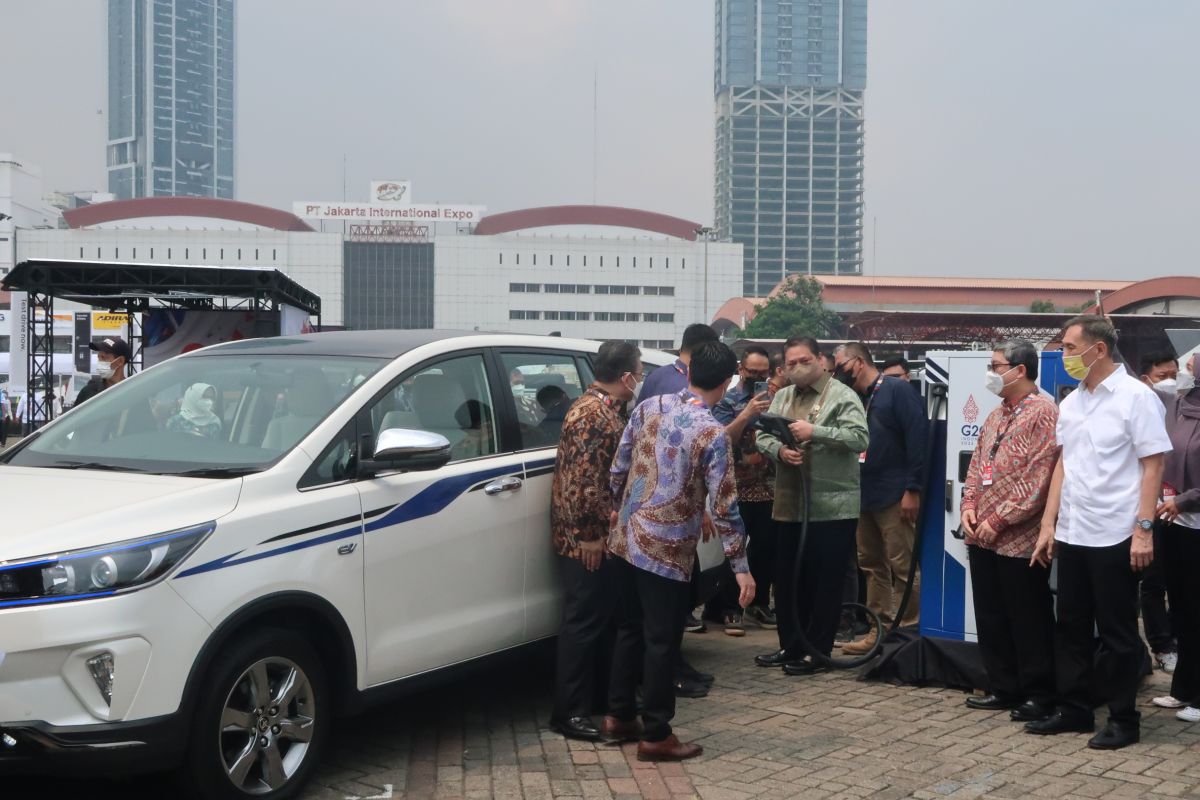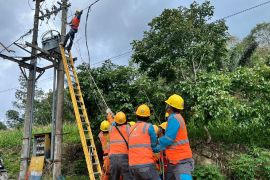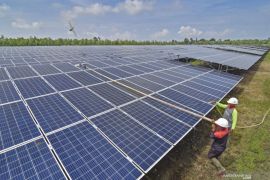"Among the non-oil and gas industry sectors, the automotive industry contribution was close to 19.25 percent, while (in) the fourth quarter, (it) grew significantly to 22.41 percent. This could become a large market for PLN if vehicles switch from fuel to electric," Hartarto projected at the 2022 Indonesia International Motor Show (IIMS) Hybrid Exhibition at JIExpo Kemayoran, Jakarta, on Thursday.
Through Presidential Regulation Number 55 of 2019, the government is encouraging the acceleration of the battery-based electric motor vehicle program as part of efforts to control climate change.
Currently, Indonesia has imposed tariffs on vehicles based on the level of carbon emissions, as stipulated in Government Regulation Number 74 of 2021 concerning amendments to Government Regulation Number 73 of 2019.
This year, for the initial stage, the government will start imposing a carbon tax on steam power plants (PLTU). The carbon tax will later target the automotive sector.
Furthermore, Hartarto said that the geopolitical conflict between Russia and Ukraine has had an impact on the world's energy and food sectors, including Indonesia.
Therefore, the transition to electric cars must be pursued because one liter of gasoline costs around Rp15 thousand to Rp17,000 thousand, which is equivalent to 1.5 kWh of electricity, he added.
Meanwhile, state-run PLN’s President Director Darmawan Prasodjo said that his company has prepared various services to support the electric vehicle ecosystem in Indonesia, starting from the construction of public electric vehicle charging stations (SPKLUs), preparing electric vehicle battery exchange stations (SPBKLUs), home charging, as well as providing promotions, and adding power and discount rates for electric vehicle owners.
"The government is planning to shift from fuel-based vehicles to electric-based vehicles. Right now, we are working to build an ecosystem to help this transition," Prasodjo remarked.
Based on PLN’s calculations, electric vehicles produce lower emissions than fuel-based vehicles, where each liter of fuel could cover a distance of 10 kilometers and produce around 2.6 kilograms of carbon dioxide.
For the same distance, electric vehicles use 1.5 kWh of energy and only produce emissions of around 1.27 kilograms, which means there is a 50-percent reduction in emissions.
In terms of costs, electric vehicles are cheaper for consumers: it costs Rp13 thousand to travel 10 kilometers on a fuel-based vehicle that runs on gasoline, while it costs Rp3,300 to cover the same distance using an electric vehicle.
Related news: Three factories ready to unveil electric vehicles this year: Minister
Related news: PLN offers 30% discount to electric vehicle owners
Related news: President launches ultra-fast SPKLU to support G20 Summit
Translator: Sugiharto Purnama, Resinta S
Editor: Sri Haryati
Copyright © ANTARA 2022












